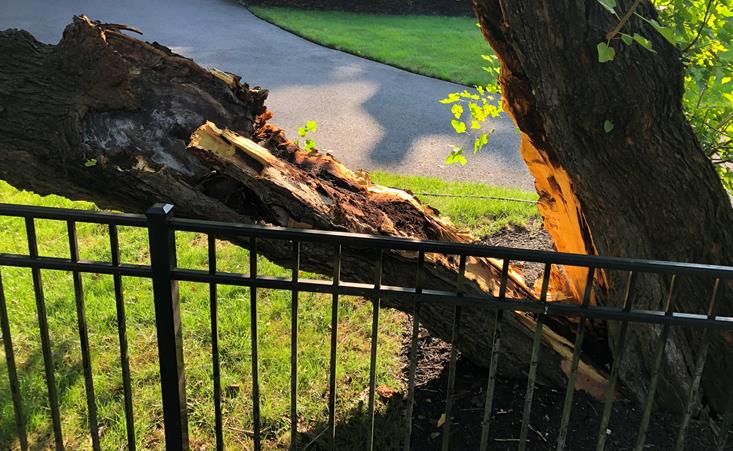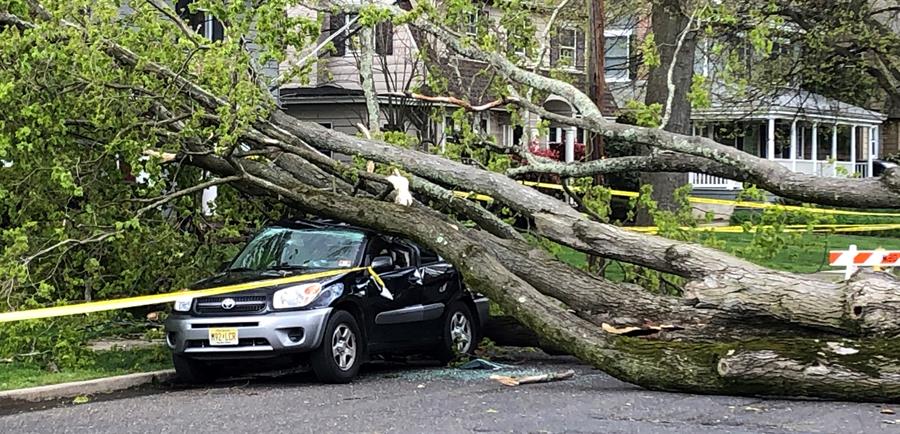
Even if you don’t see these two hurricane flags, there still could be a strong storm on it’s way.
Here’s some of our top favorite pre-storm planning tips we’ve accumulated over the years:
1. Make sure the sump pump(s) at your home or business actually work! Oftentimes homeowners have waited until a storm to find out that their sump pump(s) are either inadequate or functionally broken. So, manually filling up your sump with water from a hose & faucet will help to see if the pump is actually working; in fact, sometimes people hook up a hose to the bottom of their hot water heater drain and empty it into the sump. (We hear this can also increase the longevity of your hot water heater.)
2. Gutter downspouts & the ground – obviously cleaning the debris out of your gutters is an ongoing process, but also important is the direction and length of the downspouts and making sure the water is draining away from the base of any buildings. A skilled landscaper can come in handy here, if not yourself!
3. Trim tree branches that are in close proximity to your home or fence(s) – broken windows can be minimized this way, as well as damaged fences AND SIDING that are hard to replace or easily match. For larger limbs and trees, contacting several local reputable “tree trimmers” is a must, since the pricing and quality of job can differ significantly. And, while you might be at-it, consider removing the stump too to prevent tripping hazards and/or future costs when you want to plant something there.
4. Tying down or securing items that can be blown around – whether it’s an umbrella or tall potted plant, when the wind whips, many items become projectiles. In areas along the water, securing watercraft (in or out of the water) is a must. If removing outdoor furniture is challenging, tying the furniture together so it is heavier overall together is another solution.
5. Teach the family where fire extinguishers are, the main water valve, and gas valve – simply knowing where your fire extinguishers are located is only part of the plan, but how to use them and making sure they’re actually “Full” when you need them is crucial. Also, knowing how to turn off the water main and gas valves can, not just save a lot of property from damage, but also save lives especially in earthquake prone areas.


